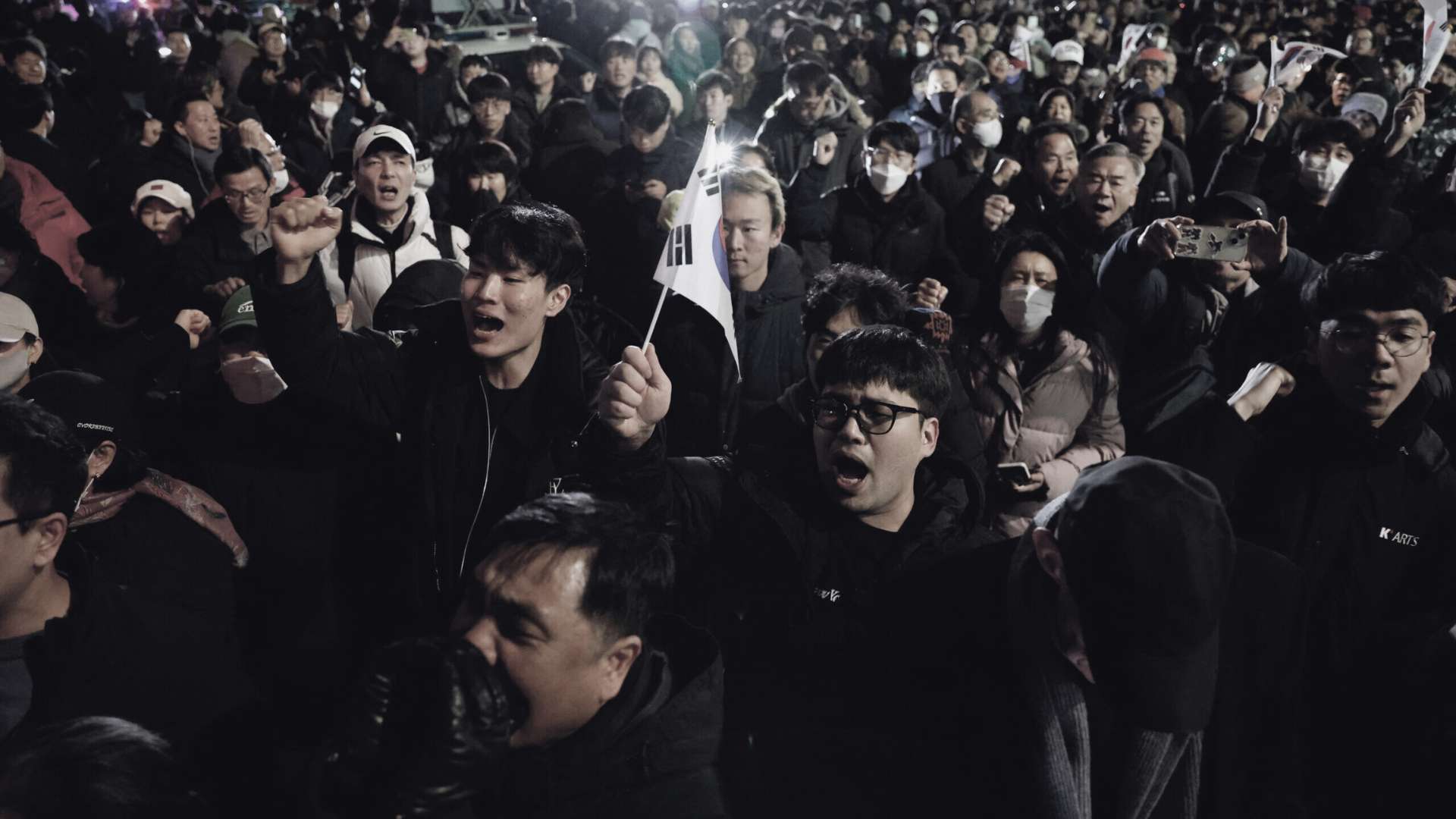South Korea in political crisis: Martial law and its lifting in six hours
Published by: 05.12.2024 17:13:40South Korea has experienced an unprecedented political storm. President Yoon Suk-yeol declared martial law, only to lift it after just six hours under pressure from the public, parliament and the international community. The event has deeply shaken confidence in his leadership and revived painful memories of the country’s authoritarian past.
The president announced the martial law in a live television broadcast on Tuesday night. He cited alleged “anti-state activities” by the opposition, particularly the Democratic Party, which controls parliament and has long blocked the president’s proposals. Martial law would restrict protests, political activity and freedom of expression. However, the move sparked immediate protests on the streets of Seoul, where thousands of people demanded the president’s resignation. Banners with slogans such as “Stop the dictatorship!” and “Resign, Yoon!” filled the main square.
The situation escalated to the point that parliament called an emergency session. Lawmakers, including members of the president’s own party, voted unanimously against martial law. This pressure forced the president to revoke the order in the early hours of the morning. However, the crisis was far from over.
Opposition lawmakers seized the opportunity to launch an impeachment inquiry. They accused Yoon of abuse of power and an attempt to suppress democracy. More than a million citizens signed a petition demanding his removal from office. If the parliament approves the impeachment by a two-thirds majority, the case will be referred to the Constitutional Court. However, the latter faces problems - the entire process could take months due to a shortage of judges.
While the parliament is dealing with the impeachment, the streets of Seoul remain full of protesters. Unions, including employees of large corporations such as Hyundai, are considering large-scale strikes. The crisis has also spread to the economic sphere - shares of companies such as Samsung and LG have seen significant declines.

Return of authoritarianism?
Critics of the president point out that his move has revived fears of a return to authoritarianism, which South Korea only overcame in the 1980s. The last martial law declaration was in 1980 during the Gwangju Uprising, when the government brutally suppressed pro-democracy demonstrations. For many South Koreans, any mention of martial law is a sensitive subject.
The president’s attempt to impose martial law has not only damaged his reputation at home but also weakened his standing on the international stage. The United States and other allies have expressed deep concern. While they have praised his swift rescission of the order, concerns remain about whether the Yoon administration can keep the country on the path to democracy.
South Korea now faces a critical period. If impeachment is approved, the country would have to hold new presidential elections within 60 days. Such a situation would bring weeks of legal uncertainty and political paralysis. Yet the crisis has exposed a deeper problem: the deep polarization of South Korean society. Critics accuse the opposition of blocking the government, while accusing the president of autocratic tendencies. Amidst this tension, South Korea is struggling to preserve its hard-won democracy while also dealing with geopolitical challenges such as the growing influence of China and the threat from North Korea.
This dramatic event shows that even established democracies can be vulnerable in times of political crisis. Once seen as a model of successful democratization, South Korea now finds itself at a crossroads. The outcome of this situation will determine not only the future of President Yoon, but also the future direction of the entire country. South Korea must show that its democratic institutions are strong enough to withstand even the most severe tests.
Documents to download
K&L Rock also declares that it is not liable for any direct or indirect damage resulting from trading on the capital markets in general, and posts in discussions expressing the views of readers may not be in line with the operator's position and therefore cannot be regarded as its views.



